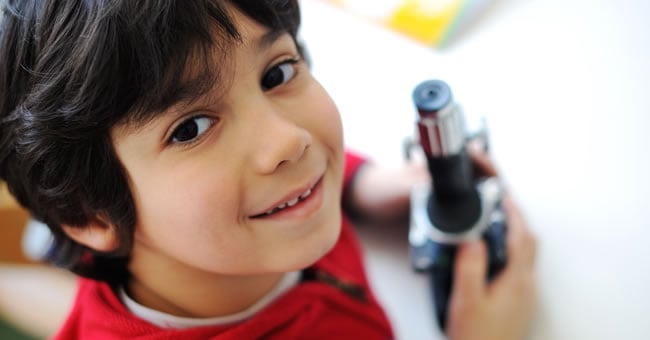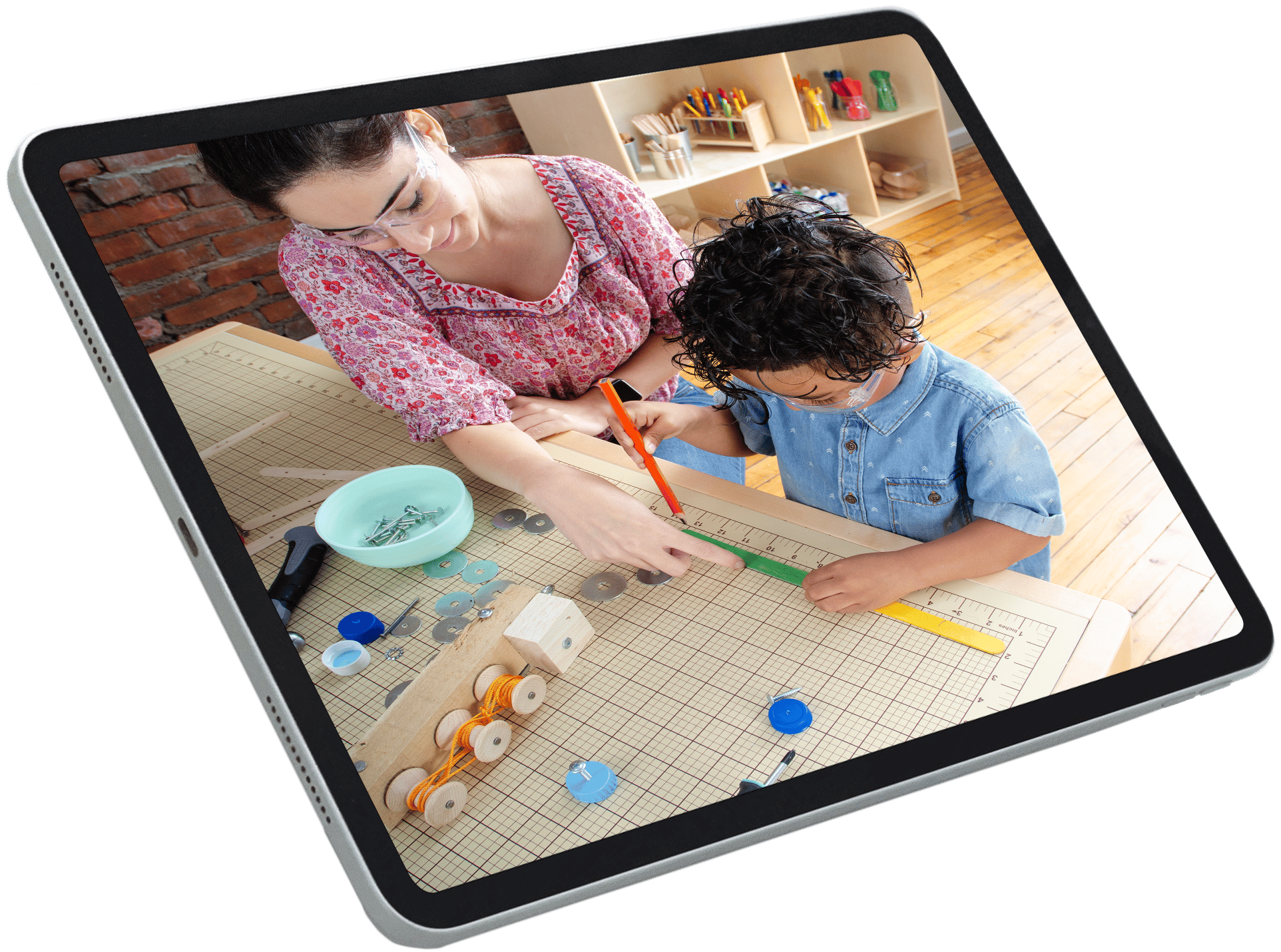
Young children love to explore and discover new things and are naturally drawn to science, which is why it's essential that caregivers capitalize on opportunities to nourish young children's curiosity and developing scientific minds. Helping children understand why science is important at an early age will ultimately help children develop the analytical skills they need to make smart and informed choices while also helping them develop a love of science.
In Science: Not Just for Scientists!, Leonisa Ardizzone, EdD, explains that science is much more than the facts taught in classrooms: "Science is a habit of mind that involves problem solving, critical thinking, and analytical assessment. As citizens, we are asked each day to make decisions…that require some level of scientific understanding." Ardizzone suggests that educators and parents use the following tips to nourish children's developing scientific minds:
- Start with open-ended investigation. Providing children with an open-ended question, a problem to solve, or a design challenge will encourage children to start investigating the world around them. You can offer guidance as they explore and investigate, but let them be the ones to find a solution or come up with more questions.
- Find ways to develop children's observation skills. Observation is the primary tool of science, so you need to make sure children know how to make observations and record and share their findings. Teaching children how to use their senses to make different observations is a great way to start helping children develop their observation skills.
- Continually expose children to the practices and concepts of science. Repeated exposure to science will help children fully grasp the concepts and practices they are learning. It also gives you the opportunity to build a strong science foundation for children by enhancing and further exploring topics each time you teach them to children.
- Try to connect content to children's reality and interests. Activities should be based on children's interests, what's happening in the community, and the types of plants and animals that are found in your community and state.
- Allow ample time for questioning, exploration, and analysis. Always encourage children to ask questions and explore subjects. Helping children learn about the scientific process and develop observation skills is vital, especially since the demand for workers with STEM skills continues to increase.
